If Netflix buys Warner Bros both cinemas and audiences are in big trouble
Warner Bros is for sale and there are several interested parties including Netflix, Paramount and Amazon. It’s all bad news for audiences.
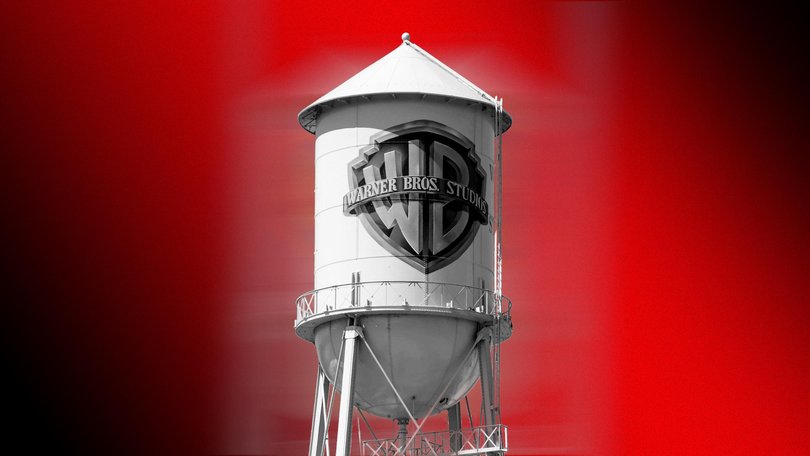
During the Golden Age of Hollywood, there were five major studios that dominated the box office and the culture.
RKO, MGM, Warner Bros, Paramount and 20th Century Fox were responsible for beloved classics including The Wizard of Oz, Citizen Kane and The Maltese Falcon.
Of the five, only two remain – Paramount and Warner Bros – and soon it will be just the one, another death knell for an industry that has come under immense challenges in recent years, especially from tech giants, in the war for audience attention.
Sign up to The Nightly's newsletters.
Get the first look at the digital newspaper, curated daily stories and breaking headlines delivered to your inbox.
By continuing you agree to our Terms and Privacy Policy.There’s a bitter irony that tech, or at least tech money, now owns MGM, which was subsumed by Amazon in 2022, and Paramount, whose new proprietor, David Ellison (and his company Skydance), is bankrolled by three-hundred-billionaire dad, Oracle founder Larry Ellison.
Fox was absorbed by Disney in 2019 and RKO was dissolved in 1959 after a decade of mismanagement under Howard Hughes.
Warner Bros Discovery recently confirmed it is officially for sale, a move widely expected after the company announced it would restructure into two businesses, effectively reversing the 2022 merger of WarnerMedia and Discovery Inc.
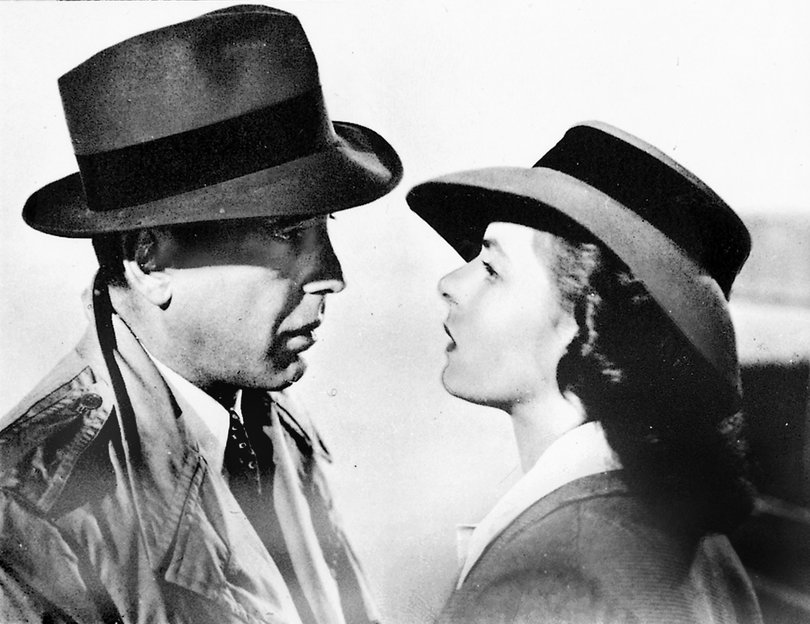
While the restructure to decouple the studio and streaming side (comprising the film business as well as WB TV, HBO and DC Studios) from the cable TV segment (CNN, Discovery channels) continues, WBD is now exploring whether it would sell the whole business as it is, or just the premium Warner Bros unit.
The potential sale has everyone in the industry talking, not just because these types of transactions has huge impacts on the power dynamics of the business and involves billions of dollars, but because the effects will flow through to Hollywood’s artistic ambitions and, ultimately, what audiences will see at the cinemas and at home on streaming.
In other words, it’s a big deal, literally and figuratively.
Warner Bros is the home of classic films such as Casablanca and Rebel Without a Cause, TV shows including Friends and The West Wing, franchises such as Harry Potter, DC Comics, Lord of the Rings, The Conjuring universe, and all the HBO titles (The Sopranos, Veep, The Wire) that have defined prestige TV for the better part of three decades.
Warner Bros makes a lot of stuff, and no one wants to see it diminished or dismantled. Depending on who buys it, and Warner Bros boss David Zaslav has said there are several interested parties that have made overtures, that’s what could happen.
The only confirmed buyer is Paramount, with Ellison and Skydance having already made three offers, which have all been rejected. One proposal was nearly $US60 billion, according to Reuters.
Warner Bros Discovery has debt north of $US40 billion and its share price has cratered since the 2022 merger. Zaslav, who has been in charge during this time, stands to make up to half a billion dollars from the sale. Its recent market uptick has been driven by the impending acquisition.
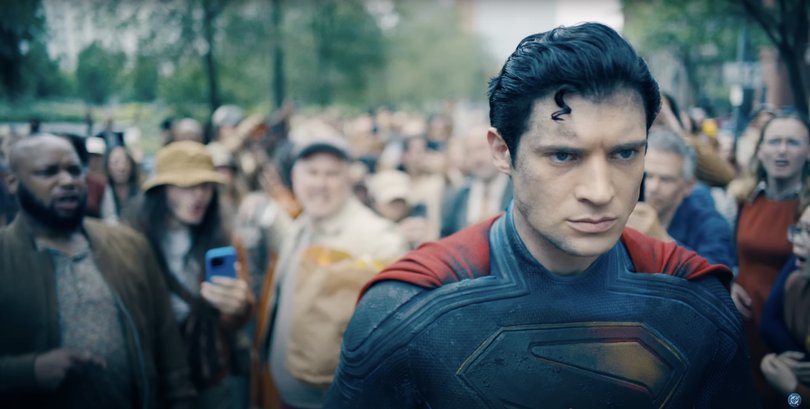
Reuters also reported that Netflix is kicking the tyres on the sale. The newswire cited three anonymous sources that the streaming behemoth had hired investment bank Moelis & Co to explore a bid. Moelis & Co is the same firm that advised Skydance for its acquisition of Paramount.
There is some speculation whether Netflix is serious about buying Warner Bros or if it’s using the circumstances to get a look under the hood of a rival.
The Silicon Valley company has famously been gun-shy when it comes to M&A activity with co-chief executive Ted Sarandos as recently as October reiterating that Netflix has been “more builders than buyers” and that it had no interest in owning “legacy media networks”, but Warner Bros may be too enticing a prospect to ignore completely.
For Netflix, the upsides are clear. It would gain access to a century-old archive of movies and TV titles, which would supercharge its library. At the moment, it’s heavily geared towards projects produced in the past 15 years. In the US, more than 90 per cent of its catalogue was made after 2010.
More significantly, Netflix would obtain the rights to Warner Bros’ lucrative franchises. Netflix has attempted to build its own but outside of Stranger Things, Squid Game and Wednesday, has struggled to make more resonate as intellectual property plays.
But for audiences, a Netflix acquisition of Warner Bros could be a disaster.
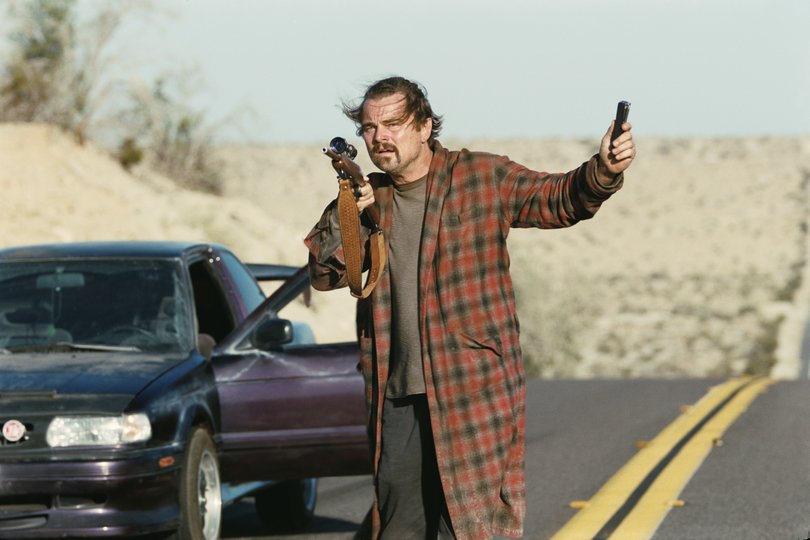
The streamer is famously hostile to cinema releases, deigning to only put in theatres for a very limited run a handful of Oscar contenders to satisfy eligibility requirements.
It has made some concessions recently with two weekends of KPop Demon Hunter cinema plays, an agreement to simultaneously screen the series finale of Stranger Things in a North American theatre chain, and a deal with IMAX for a month-long exclusivity window for Greta Gerwig’s upcoming Narnia adaptations.
It might be a thawing but Sarandos also declared this year that cinemas were an “outmoded idea” for most people, and that its customers want to watch movies at home.
For many artists and practitioners in the industry who still believe the best way to experience a movie is on the big screen with a crowd of people, if Sarandos gets his hands on the keys to Warner Bros, it would be a slap in the face to the famed studio’s legacy, and the future of film.
Few believe Netflix would continue with Warner Bros’ commitment to making movies for cinemas.
The theatrical business has struggled to recover after Covid shutdowns during the pandemic, which accelerated the shift to consuming entertainment at home or on personal devices. The global box office in 2024 was $US10 billion down on 2019, the last full year before the pandemic.
Still on the tech front, Apple and Amazon have also been floated as potential buyers, albeit like Netflix, would only be interested in the Warner Bros studio and streaming side.
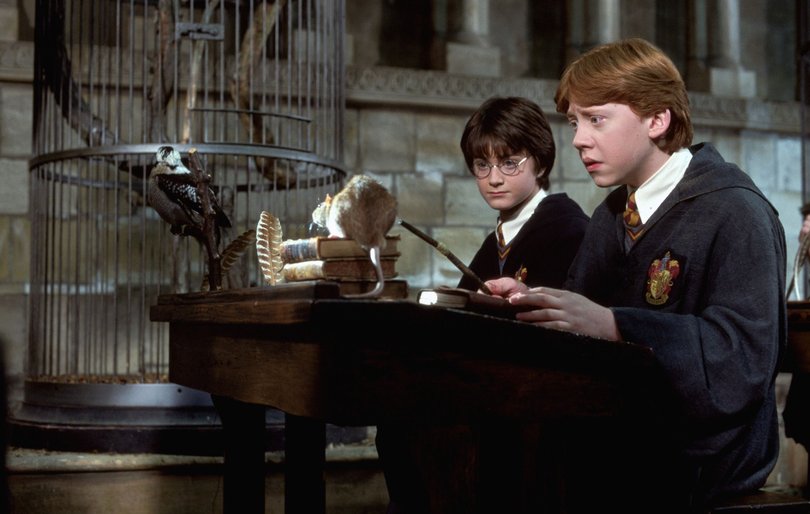
Apple has the cash on hand for such a pricey transaction, and it has yet to sign any licencing deals for its subscription streaming service, Apple TV, which is populated by only its originals output.
But entertainment is far from Apple’s main game. While its services division, which also includes the likes of music, news, fitness and podcasts, is an increasingly profitable part of the business, it is still a hardware firm.
The value Warner Bros could add to Apple would depend on how it might integrate entertainment into its future hardware releases, such as the its mixed-reality smart headset, the Vision Pro.
Apple has experimented with cinema releases under its originals banner. Most of the films it makes has been streaming-only releases but it did put in theatres Martin Scorsese’s Killers of a Flower Moon, Matthew Vaughn’s Argylle, Ridley Scott’s Napoleon and the Brad Pitt-starring F1.
Of those, F1, with its $US600 million box office, is the only one to maybe eke out a straight profit from its theatrical run but for Apple, making a splash with renowned filmmakers is also a brand and marketing tactic to position its service as premium. Killers of the Flower Moon was nominated for 10 Oscars but failed to convert any to wins.
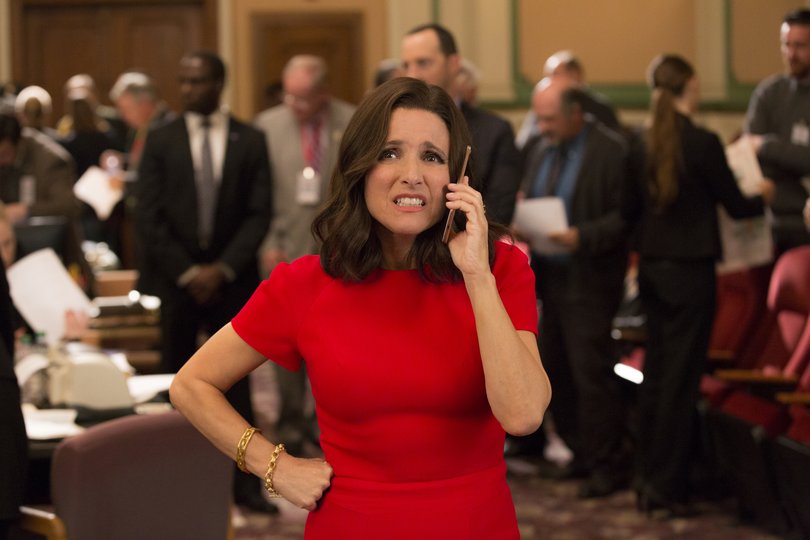
There are contradictory reports as to how interested Apple is. Apple’s vice president of services, Eddy Cue, two weeks ago told The Town podcast the tech company was not pursuing Warner Bros, but a Bloomberg report said Zaslav had told executives at Warner Bros that Netflix, Apple, Amazon and Comcast were interested.
Amazon makes for a curious case because it has already bought a legacy studio, when it paid $US8.5 billion for MGM, in part to secure the James Bond rights.
Since Amazon took over MGM, the e-commerce company has continued to make cinema films, although it diverted some projects in the pipeline to streaming-only, including, most notably, the Roadhouse remake which sparked a war of words with director Doug Liman who was none-too-pleased about his movie skipping the big screen.
The difference is by the time MGM was swallowed up, it was a shadow of its former self and had few releases every year with Bond and Rocky/Creed its main IP, and Warner Bros is still a powerhouse with a huge slate.
That may be more than Amazon wants to take on in terms of return-on-pricey-investment.
The other candidate is Comcast, which already owns Universal Studios, US broadcast network NBC, internet and cable services and UK’s Sky.
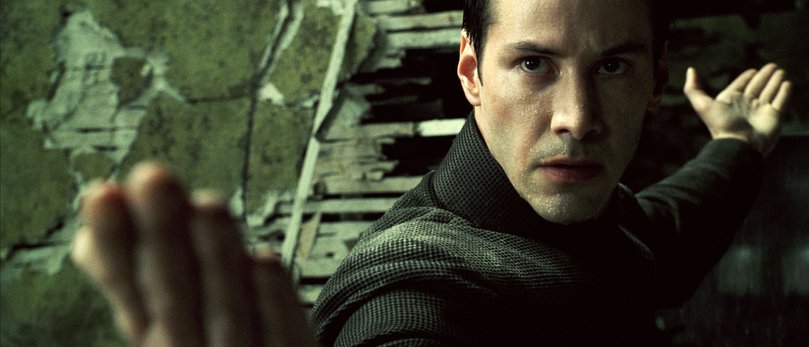
On an earnings call last week, Comcast president Mike Cavanagh suggested the company might bid for Warner Bros, but didn’t elaborate beyond that its interests lay in the studio and streaming unit.
“You should expect us to look at things that are trading in our space,” Cavanagh said, according to the LA Times. “It’s our job to try to figure out if there are ways to add value.”
Merging Comcast and Warner Bros would be a boon for Comcast’s struggling streaming platform, Peacock, if it could scale up with the integration of HBO Max. Peacock poaching Yellowstone creator Taylor Sheridan out from under Paramount, and in a deal that doesn’t kick in for another three years, signalled that Comcast is still in it for the long haul.
The challenge for Comcast, as it is for Paramount, is because it already owns a TV station, there would be regulatory hurdles to clear.
Paramount is generally considered to be in a better position to manage those roadblocks because of the Ellisons’ cosy relationship with Donald Trump, who controls the nominally independent Federal Communications Commission and the Justice Department, which could launch an anti-competition review.
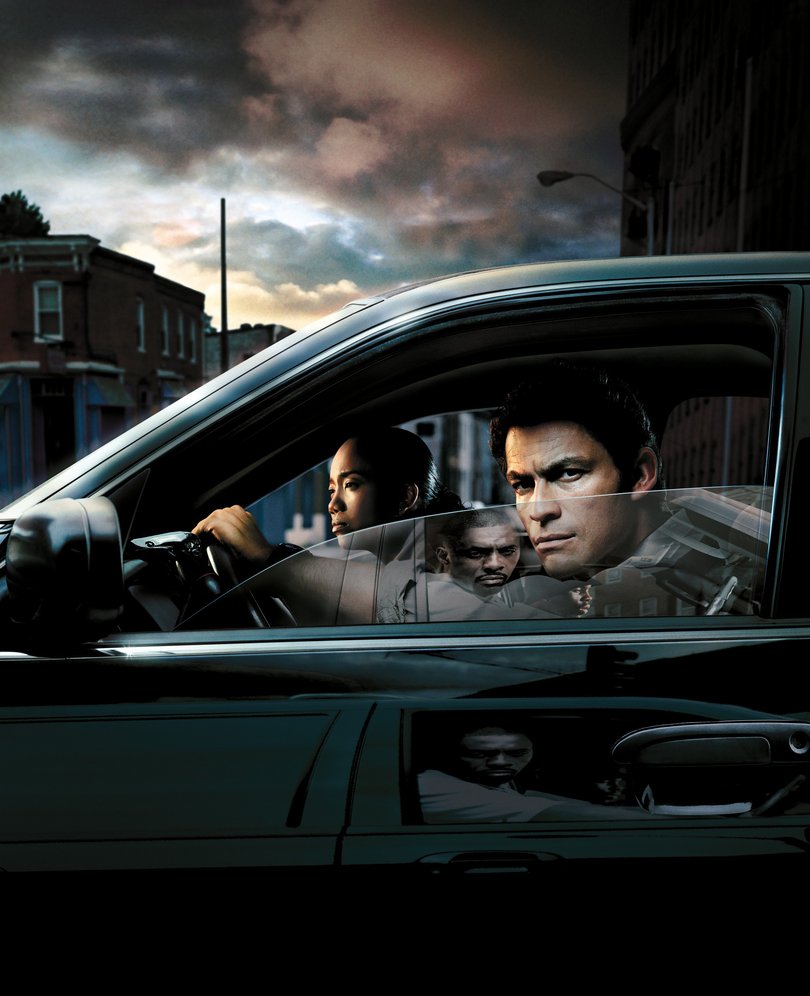
The US president has a more antagonist relationship with Comcast chair and chief executive Brian Roberts, in part because of the left-leaning cable news channel, MSNBC.
Broad consensus is that no matter who buys Warner Bros, there will be some form of consolidation, which leads to job losses (Paramount cut 2000 roles in the US last week), and a lower studio output.
When Disney bought 20th Century Fox, the latter’s releases dropped dramatically from more than a dozen a year to barely a handful.
Cinema owners are already freaking out, according to The Wrap, which spoke to several unnamed US executives on that side. Not surprisingly, they would still prefer a Paramount to buy Warner Bros than a Netflix.
For audiences, consolidation may mean paying for one streaming service instead of two, but after that initial high, when fewer movies are being made, especially for cinemas, reality will come crashing down.
Fewer choices is never good news for the consumer.

